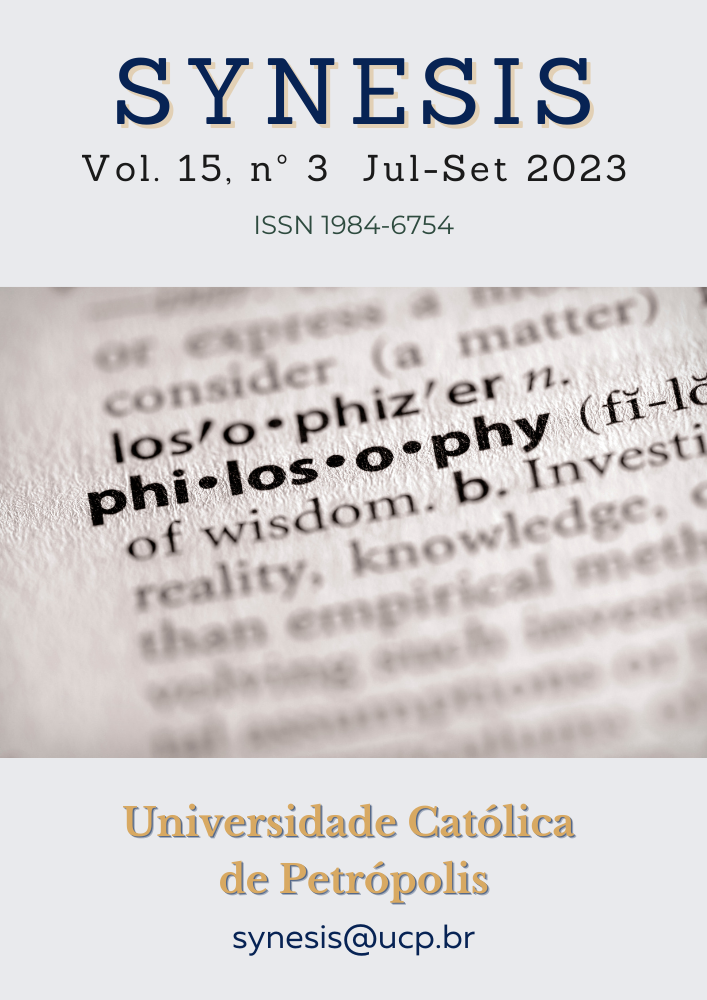Abstract
The scientific novelty of the article lies in the fact that in the process of work, the features of the managerial activity of education managers are determined; clarified the essence of technologization of management in the education system; substantiated and experimentally - experimentally tested a set of pedagogical conditions (the formation of a technological mentality, the evolution of the status of education managers, the implementation of the program-target model, the provision of managerial activities with program-targeted resources), which contributes to the successful improvement of the managerial activities of education managers in the context of technologization. The theoretical significance of the study lies in the fact that the theory of technologization of management has been enriched, which contributes to the improvement of the management activities of education managers. The practical significance of the study lies in the implementation of the principle of technologization in the activities of heads of educational institutions, the introduction of a program-target model (static and dynamic aspects) into the education system, which contributes to the improvement of the activities of education managers, the creation of a set of methods for retrospective and diagnostic analysis of technological mentality, professional qualities managers of education, the development of scientific and methodological materials, regulatory documents for managing the improvement of the activities of managers in the municipal education system, specific technologies for managing educational activities at the municipal level.
References
Asarta,C.J., & Schmidt,J.R. (2020). The effects of online and blended experience on outcomes in a blended learning environment. The Internet and Higher Education, 44, 100708.
Dang,Y. M., Zhang, Y. G., Ravindran, S., & Osmonbekov, T. (2016). Examining student satisfaction and gender differences in technology-supported, blended learning.Journal of Information Systems Education,27(2), 119.
De Guzman,M.J.J. (2020). Business administration students’ skills and capability on synchronous and asynchronous alternative delivery of learning. Asian Journal of Multidisciplinary Studies, 3(1), 28‒34.
Graham,C.R. (2009). Blended learning models. In Encyclopedia of Information Science and Technology. Second Edition (pp.375‒382).
Iasechko S., Pereiaslavska S., Smahina O., Lupei N., Mamchur L. and Tkachova O. (2022) Artificial intelligence in the modern educational space: problems and prospects IJCSNS International Journal of Computer Science and Network Security. Vol. 22 No. 6, pp. 25-32. https://doi.org/10.22937/IJCSNS.2022.22.6.5
Kim,C., Kim,M.K., Lee,C., Spector,J.M., & DeMeester,K. (2013). Teacher beliefs and technology integration. Teaching and teacher education, 29, 76‒85.
Kirkwood,A., & Price,L. (2013). Examining some assumptions and limitations of research on the effects of emerging technologies for teaching and learning in higher education. British Journal of Educational Technology, 44(4), 536‒543.
Kopcha,T.J., Ding,L., Neumann,K.L., & Choi,I. (2016). Teaching technology integration to k-12 educators: A ‘Gamified’approach. TechTrends, 60(1), 62‒69.
Kuderska N., Ksenziuk A., Kuryliuk Y. et al. (2022). The Concept of European Administrative Space and it’s implementation in Ukraine. AD ALTA: Journal of Interdisciplinary Research. Vol.12. Issue 2. Special issue XXVIII. pp.104–106.
Park, J. Y., Byun, C. G., Sung, C. S., & Choi, D. S. (2018). A study on the effectiveness of entrepreneurship education programs in highereducation institutions: A case study of Korean graduate programs.Journal of Open Innovation: Technology, Market, and Complexity,4(3), 26.
Tsilmak, O., Iasechko, S., Poplavska, M., Motlyakh, O., & Kabanets, O. (2022). Modern innovative forms of teaching law at other schools in ukraine. Revista Eduweb, 16(4), 166-177. https://doi.org/10.46502/issn.1856-7576/2022.16.04.14

This work is licensed under a Creative Commons Attribution-NonCommercial-NoDerivatives 4.0 International License.
Copyright (c) 2023 Synesis (ISSN 1984-6754)

